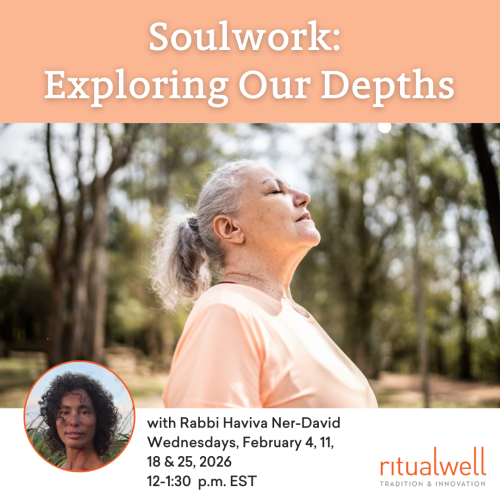I pray this way in the mornings now because I want to feel less afraid; less afraid of the places I have been and less afraid of the path ahead.
Take these words which I command you this day…place them on your heart…Speak of them in your home and on your way, when you lie down and when you rise. (Deuteronomy 6:6–7, Shema prayer)
[…] In the morning I get out of bed, I brush
my teeth, I wash my face, I get dressed in the clothes I like best.
I want to be good to myself.
“Trouble,” by Matthew Dickman, in All American Poem
For the longest time I would say, “I am not a morning person.” It was only in the last year that I realized that while I do not like waking up, I do, in fact, like mornings. That is, I like being awake. And lately I have felt more awake than ever before. After my recent trip to Ferguson, I have awakened to a whole new range of experiences and feelings. This has not always been easy, and yet I have a strong desire to be both awake and engaged in pursuing justice. At first I was worried it would be difficult to stay connected to Ferguson from my current home in Philadelphia, but thankfully my prayers have been helping to keep me awake.
My husband, Graie, and I had always had a morning ritual to say the Shema and the Modeh/Modah Ani prayer together. After we returned from Ferguson, this changed. For days after we returned home, we did not say the Hebrew prayers and we did not notice their absence. Instead, we found ourselves sharing our favorite protest chants to each other throughout the day. I would call across the apartment: “I said, tell me what democracy looks like!” and Graie would call back: “This is what democracy looks like!” Over dinner Graie would look at me and ask, “Racism means?” while I was already responding, “We’ve got to fight back!” After a few days, the chanting became less frequent, but our need for prayer remained.
So we brought back our morning prayer ritual. After coffee and breakfast are ready, we sing the Shema and the Modeh/Modah Ani prayers just as we had always done, but now we do not end with these words. Now, they are followed by me logging onto Facebook to type the number of days since Michael Brown was killed, followed by the words: “No justice, no peace.” Then we chant these words, which have become the rallying cry of many liberation movements in modern times. These are the words chanted (call-and-response) by the youth leaders in Ferguson, Millenial Activists United, before and after undertaking each act of courage:
It is our duty to fight for our freedom.
It is our duty to win.
We must love and support each other.
We have nothing to lose but our chains.
I pray this way in the mornings now because I want to feel less afraid; less afraid of the places I have been and less afraid of the path ahead. I pray this way to stay awake. I pray to stay awake and unafraid because, like Matthew Dickman wrote, “I want to be good to myself.”
This blog post is the third in a three-part series by Ritualwell Intern, Sarah Barasch-Hagans.






